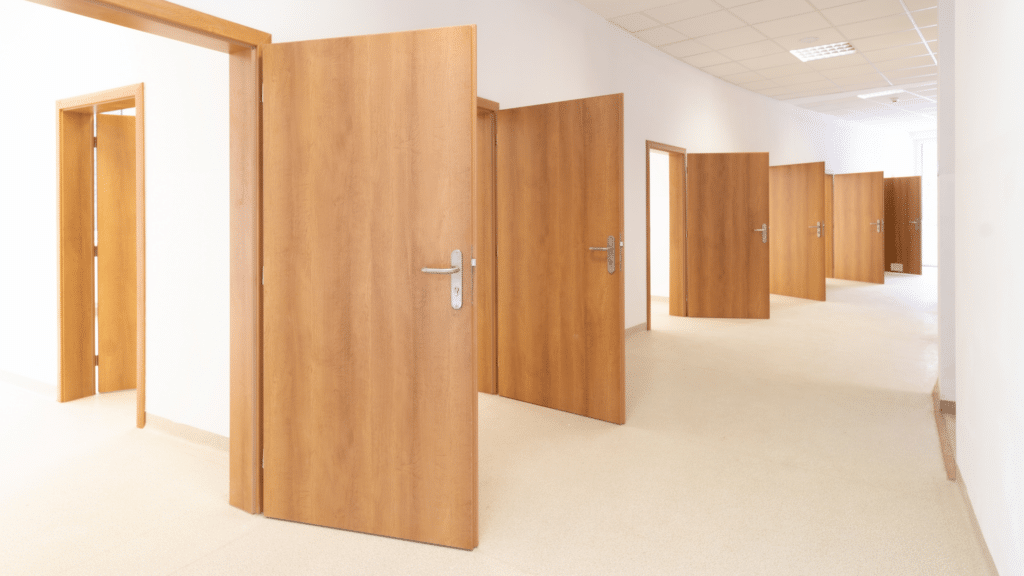
5 Benefits of Raising a Bilingual Child
“One language sets you in a corridor for life. Two languages open every door along the way,” Frank Smith. Many families are fortunate to have members who are multilingual, and this opens many doors for children who are raised in the home and hear these various languages being spoken. Research shows that immersion is the best way to learn a language, and much like little ones acquiring their native language at home, this too is the best way for adults to learn. Getting back to raising a bilingual child, however, one might wonder, what are some of the less obvious benefits of raising a bilingual child, especially if the home in which that child is raised is not bilingual?
 #1 Academic Achievement
#1 Academic Achievement
Learning more than one language can positively affect a child’s academics. This is self-explanatory really, but to be transparent, knowing words in multiple languages greatly increases a child’s vocabulary which in turn helps in all areas of studies: language arts, science, and more.
 #2 More Empathetic
#2 More Empathetic
Children who speak multiple languages relate to multiple cultures. These children may get to travel to other places and see firsthand how differently people live but realize that humans are humans no matter where one might be in the world. Even if not traveling, multiple cultures and beliefs may be shared within the walls of one home. Ann Campenella puts it best, “One of the benefits of being bicultural is simply the awareness that how you live is not the only way.”
 #3 Better Multitasking
#3 Better Multitasking
This one is not as obvious as the first two benefits, but bilinguals tend to do better with executive functioning. The National Institutes of Health reports “Children who grow up learning to speak two languages are better at switching between tasks than are children who learn to speak only one language.”
 #4 More Flexible
#4 More Flexible
This goes both with empathy and multitasking. Bilingual speakers tend to be more flexible thinkers. There is not just one way to “skin a cat.” Avery Hill Education notes, “research is showing us that the very youngest children, as young as toddlers and preschoolers, are achieving greater cognitive control, and with it flexibility of thought, as a result of their bilingualism.” Every day, our minds engage in what is called phonological competition. In other words, our mind has to choose which words we need and which we do not. If we raise bilingual kids, their brains have even more words from which to choose, and thus work harder-this makes them really good at flexible thinking.
 #5 Increased Opportunities
#5 Increased Opportunities
Whether it be a study abroad program while the child is young or a job opportunity once he/she is of age, being bilingual makes traveling and working in different countries easier. The workplace is becoming more and more diverse with the ease of communicating via the internet and mobile devices; bilinguals have a clear advantage for jobs both at home and abroad. In “The Bilingual Advantage in the Global Workplace,“ Lazar writes, “We can precisely identify four traits commonly shared by all bilingual and bicultural individuals that give a real edge in the global marketplace: better focus and multitasking abilities, better adaptability, increased cultural fluency, and more opportunities.” He also states, “Workplaces are more global, and employees who are proficient in multiple languages and at ease in multiple cultures have more opportunities. These opportunities will continue to expand, as we are living in increasingly interconnected societies and workplaces.”
 Although there are only 5 benefits of raising a bilingual child listed above, there are numerous others that come from being bilingual. As is often said, “the list goes on.” Whether a family speaks multiple languages at home or not, it is important for children to begin learning a second language before the age of eight. Different studies report varying ages, but one thing is certain; the younger a child learns a second language, the more likely he/she will be able to achieve native level fluency. Dana Smith of Scientific American reports that there are three reasons why the ability to learn a language (native level) at a later age is more difficult: “social changes, interference from one’s primary language and continuing brain development.” This is not to say it is not possible to learn a language later in life, it is just much easier to begin learning a second or subsequent language when the brain is young.
Although there are only 5 benefits of raising a bilingual child listed above, there are numerous others that come from being bilingual. As is often said, “the list goes on.” Whether a family speaks multiple languages at home or not, it is important for children to begin learning a second language before the age of eight. Different studies report varying ages, but one thing is certain; the younger a child learns a second language, the more likely he/she will be able to achieve native level fluency. Dana Smith of Scientific American reports that there are three reasons why the ability to learn a language (native level) at a later age is more difficult: “social changes, interference from one’s primary language and continuing brain development.” This is not to say it is not possible to learn a language later in life, it is just much easier to begin learning a second or subsequent language when the brain is young.
 All of this information might leave families wondering what to do if they do not speak multiple languages at home, but they want their children to be bilingual. With a little research, families can find bilingual schools for their children, au pairs who live in the home and speak a second language, and/or plenty of programs to immerse a child in a second language. When in doubt, YouTube offers several videos of nursery rhymes and children’s stories which can be found in multiple languages. Programs like Muzzy are great for letting kids enjoy cartoons in various languages. Whatever the means, start early, as a child’s language learning ability declines the older they get. If there is one thing all parents want for their children, it is that they have the opportunity to be successful, and as we have seen, bilingual children have the potential for a lot more success.
All of this information might leave families wondering what to do if they do not speak multiple languages at home, but they want their children to be bilingual. With a little research, families can find bilingual schools for their children, au pairs who live in the home and speak a second language, and/or plenty of programs to immerse a child in a second language. When in doubt, YouTube offers several videos of nursery rhymes and children’s stories which can be found in multiple languages. Programs like Muzzy are great for letting kids enjoy cartoons in various languages. Whatever the means, start early, as a child’s language learning ability declines the older they get. If there is one thing all parents want for their children, it is that they have the opportunity to be successful, and as we have seen, bilingual children have the potential for a lot more success.

Wondering what other health benefits come from being bilingual? Check out this article.





Responses